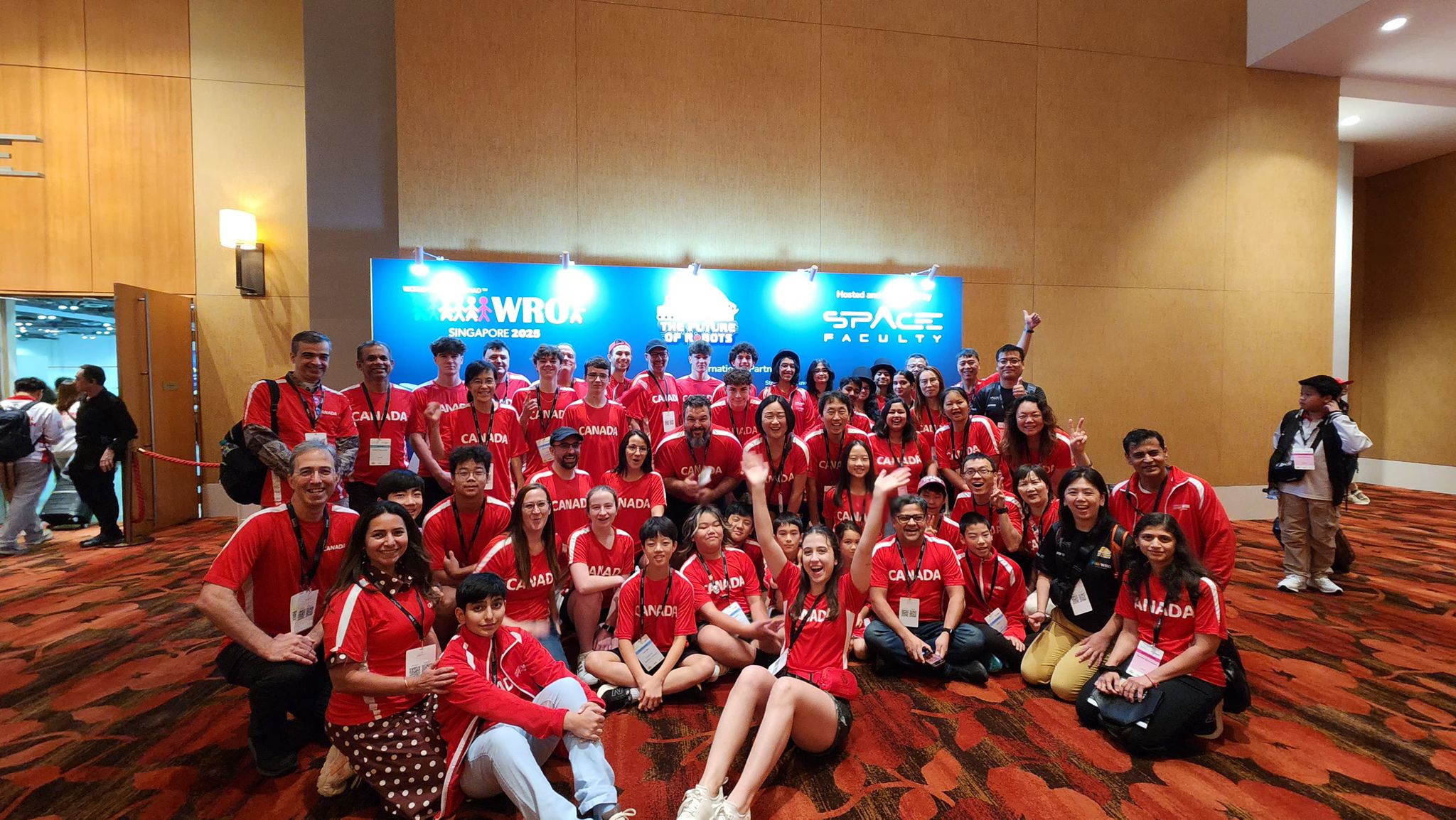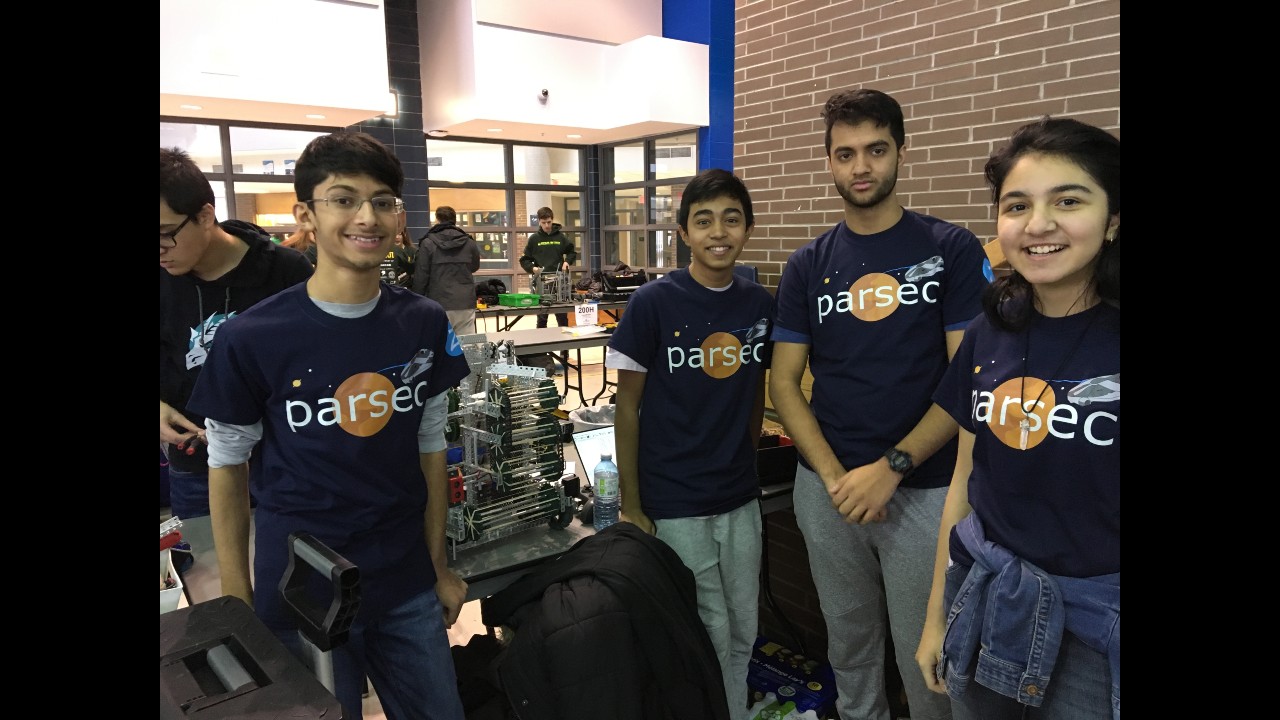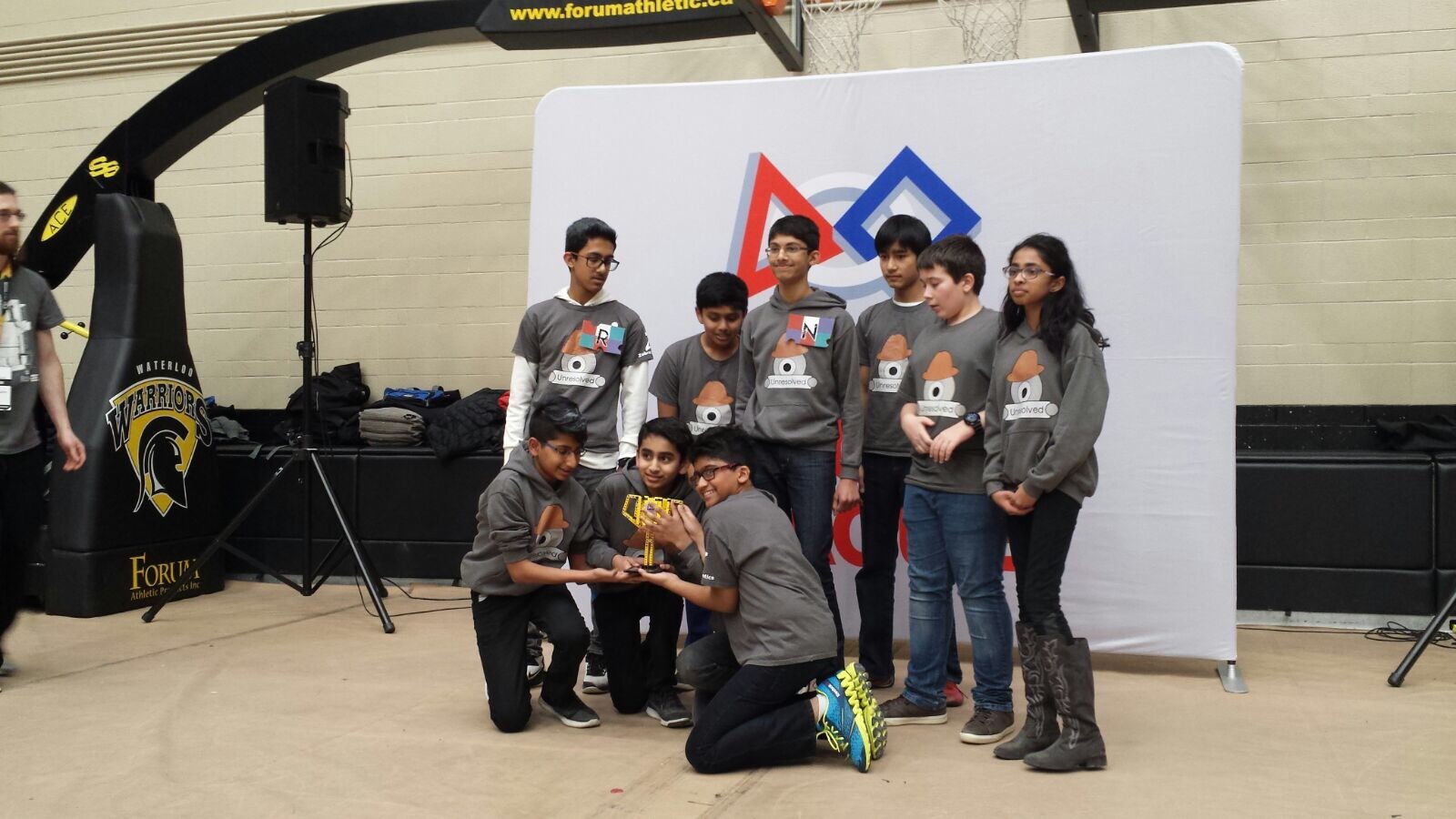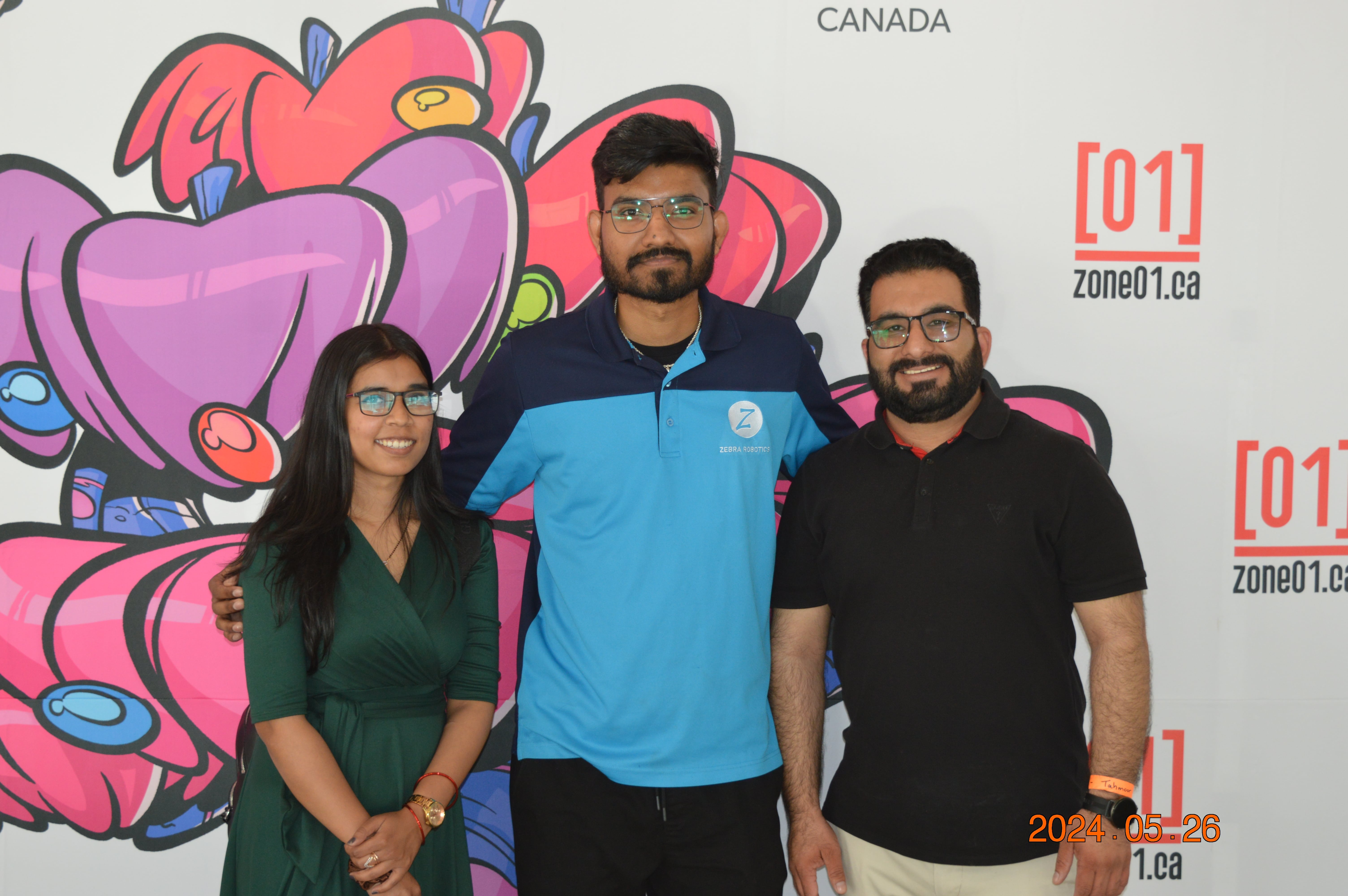
At Zebra’s STRIPE competitions since 2022, we’ve noticed something beautiful: the most successful teams aren’t always the ones with the fanciest robots. They’re the ones whose coaches have mastered the delicate art of teaching kids how to think, not what to think.
You know that moment when a student’s eyes light up—not because they got the right answer, but because they finally understand the question? That’s where the real magic happens in robotics mentorship.
Let me introduce you to three such mentors who’ve left permanent fingerprints on our programs.Their approaches are as different as their personalities, but they all share one secret ingredient: they remember what it felt like to be a beginner.
The Mentor Who Says Less to Teach More
You’ll find Coach Sanjana in her natural habitat: sitting cross-legged on the floor surrounded by frustrated middle schoolers, asking dangerous questions like:
“What would happen if we tried the exact opposite of what the instructions suggest?”
Her superpower? Silence. She’ll watch a robot fail spectacularly three times before gently asking, “What pattern do you see in these crashes?” The moment when students realize she’s known the solution all along—but let them discover it themselves—is pure gold.
“During Last STRIPE season,” she told me, “a student rebuilt our entire chassis because I wouldn’t tell her which screw was loose. She named the robot ‘The Professor’ because it taught her more than I ever could.”
The Mentor Who Builds Families, Not Just Teams
Coach Tahmoor runs his team like a tiny startup where everyone has two titles: their technical role and their human role. You might be the “Lead Programmer and Chief Encouragement Officer” or the “Hardware Specialist and Conflict Resolver.”
His secret weapon? The “Before We Build” ritual:
- Share one non-robotics thing happening in your life
- Name one teammate’s strength you’re grateful for
- Predict one thing that will go wrong today (and laugh about it in advance)
“We thought we’d lost our star coder when her family relocated last November,” Tahmoor remembers. “But every Tuesday at 4 PM, without fail, her pixelated face would appear on our laptop screen, troubleshooting code from 2,000 miles away. Some bonds outlast zip codes.”
The Mentor Who Keeps the Play in Programming
Coach Vikram workspace looks like a mad scientist’s birthday party. There’s a “Wall of Epic Fails” celebrating broken prototypes, a few drone bots, and a couple of 3d printers
His philosophy? “If you’re not occasionally laughing so hard that soda comes out your nose, you’re doing robotics wrong.”
When tensions run high before competitions, he’ll suddenly announce: “Emergency dance party! Your robot can’t learn from stressed-out humans.” The kids groan every time—and every time, it works.
“The real win isn’t trophies,” Vikram says. “It’s when alumni visit and say, ‘I chose my major because of how you made circuits feel like play.’”
The Thread That Connects Them
What makes these Zebra mentors extraordinary isn’t their technical expertise (though they have plenty). It’s that they:
- Listen to what students aren’t saying (the nervous fidgeting, the hesitation to ask for help)
- Remember that robotics is just the vehicle for teaching resilience and creativity
- Measure success in lightbulb moments, not just scoreboard results
As one parent wrote to us: “My daughter came home and said, ‘My coach believes in me more than I believe in myself.’ That’s the kind of math that really adds up.”
To all the mentors reading this—whether you’re with Zebra or cheering from elsewhere—thank you for being the quiet force behind so many young discoverers.The robots are lucky to have you.
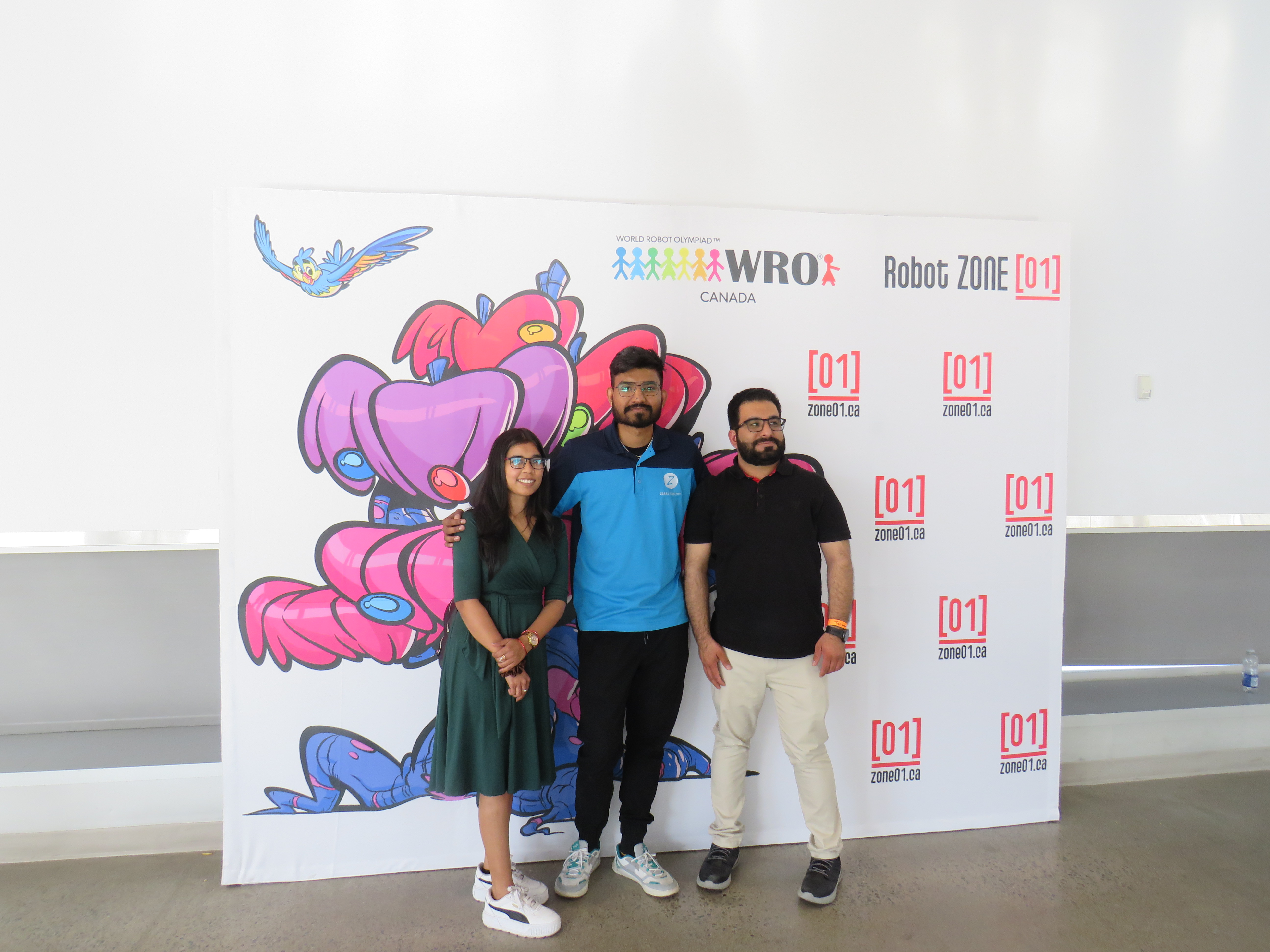
- Zebra Robotics Wraps Up an Incredible 2025 WRO Season
- Off to Panama! Zebra Robotics Teams Set to Compete at WRO 2025 Open Championship
- The Heartbeat of Robotics: What Makes a Zebra Mentor Special
- The Impact of AI on Coding: Why Learning to Code is More Important Than Ever
- How Robotics and Coding Enhance Critical Thinking Skills

